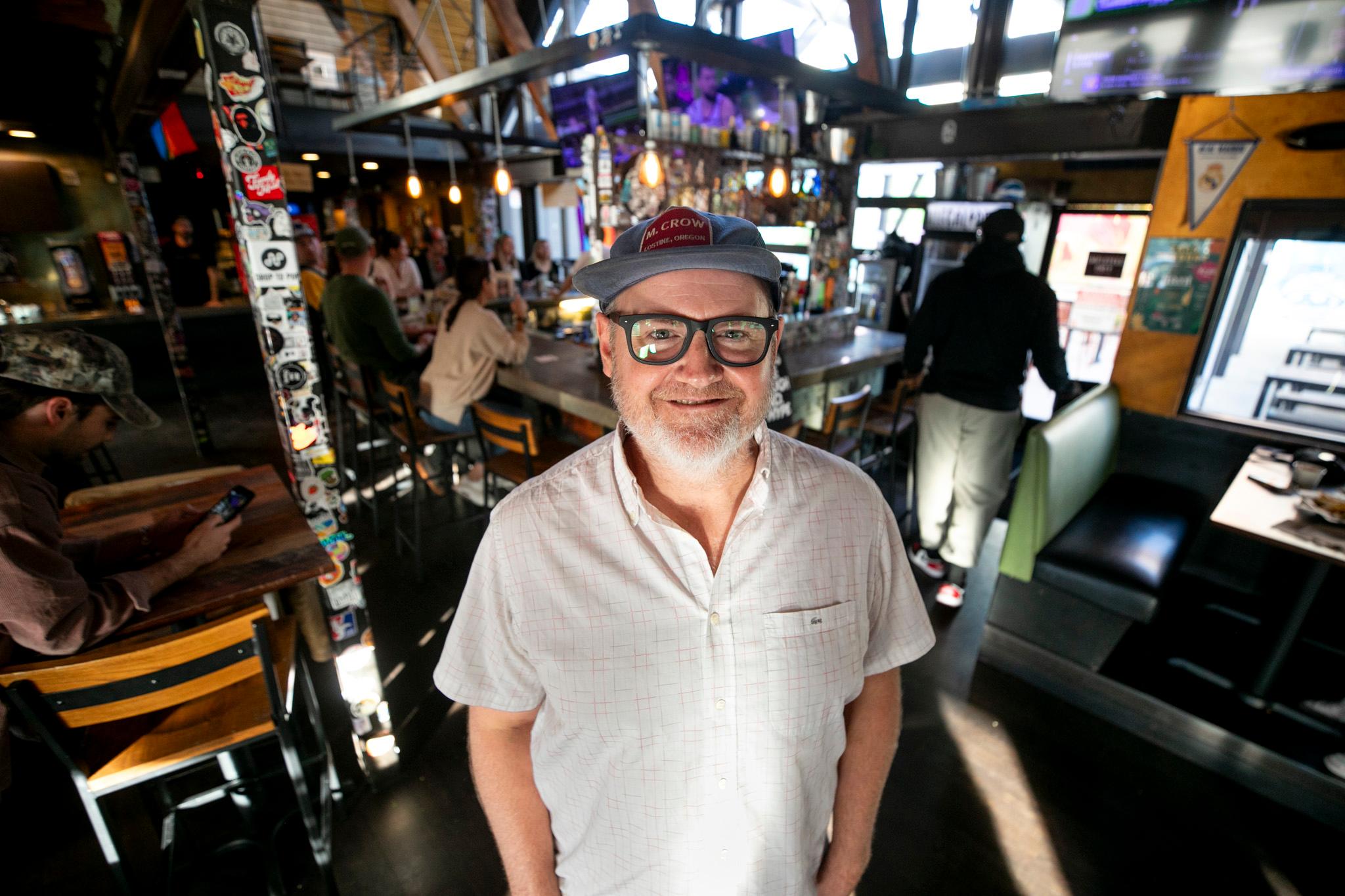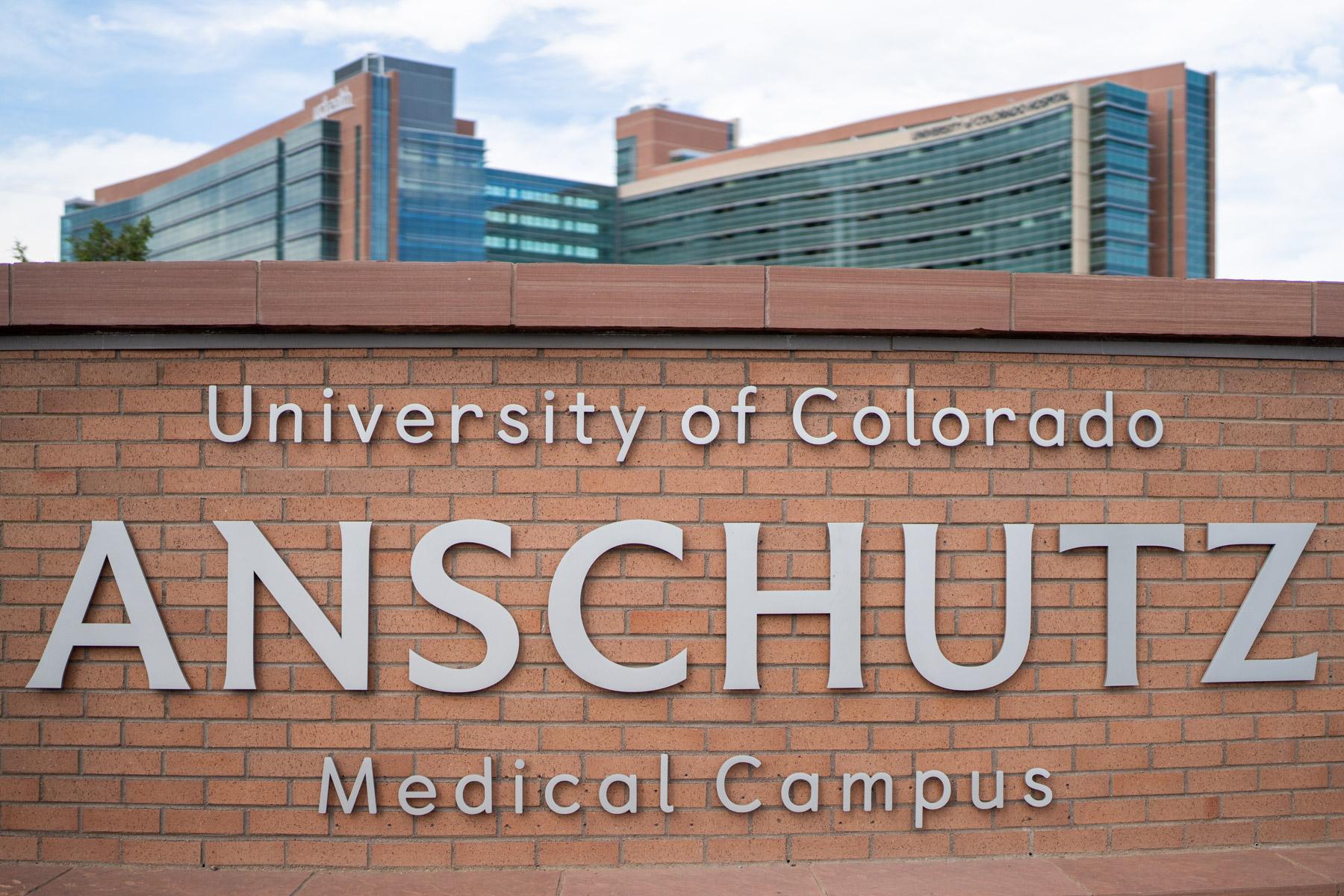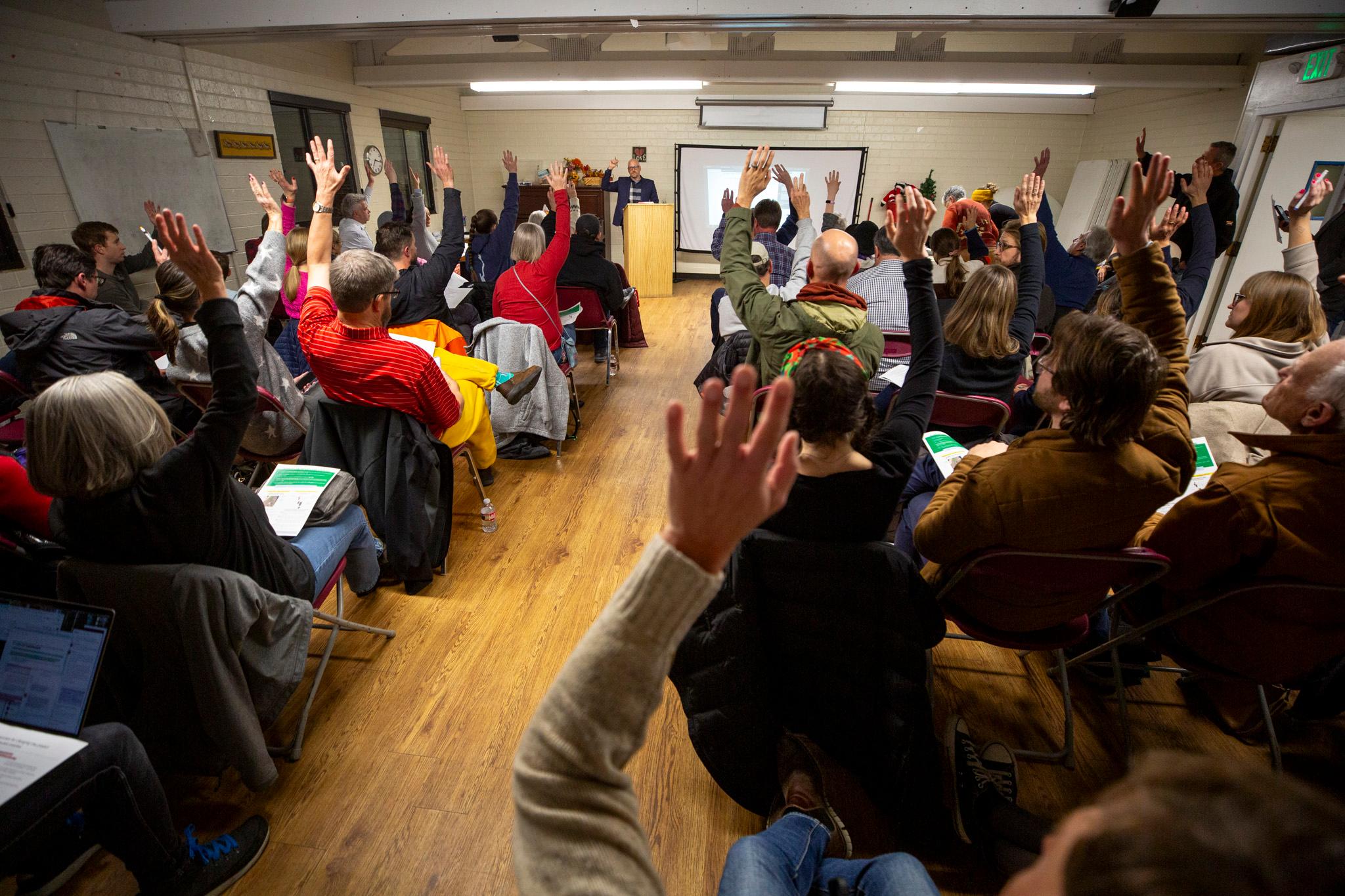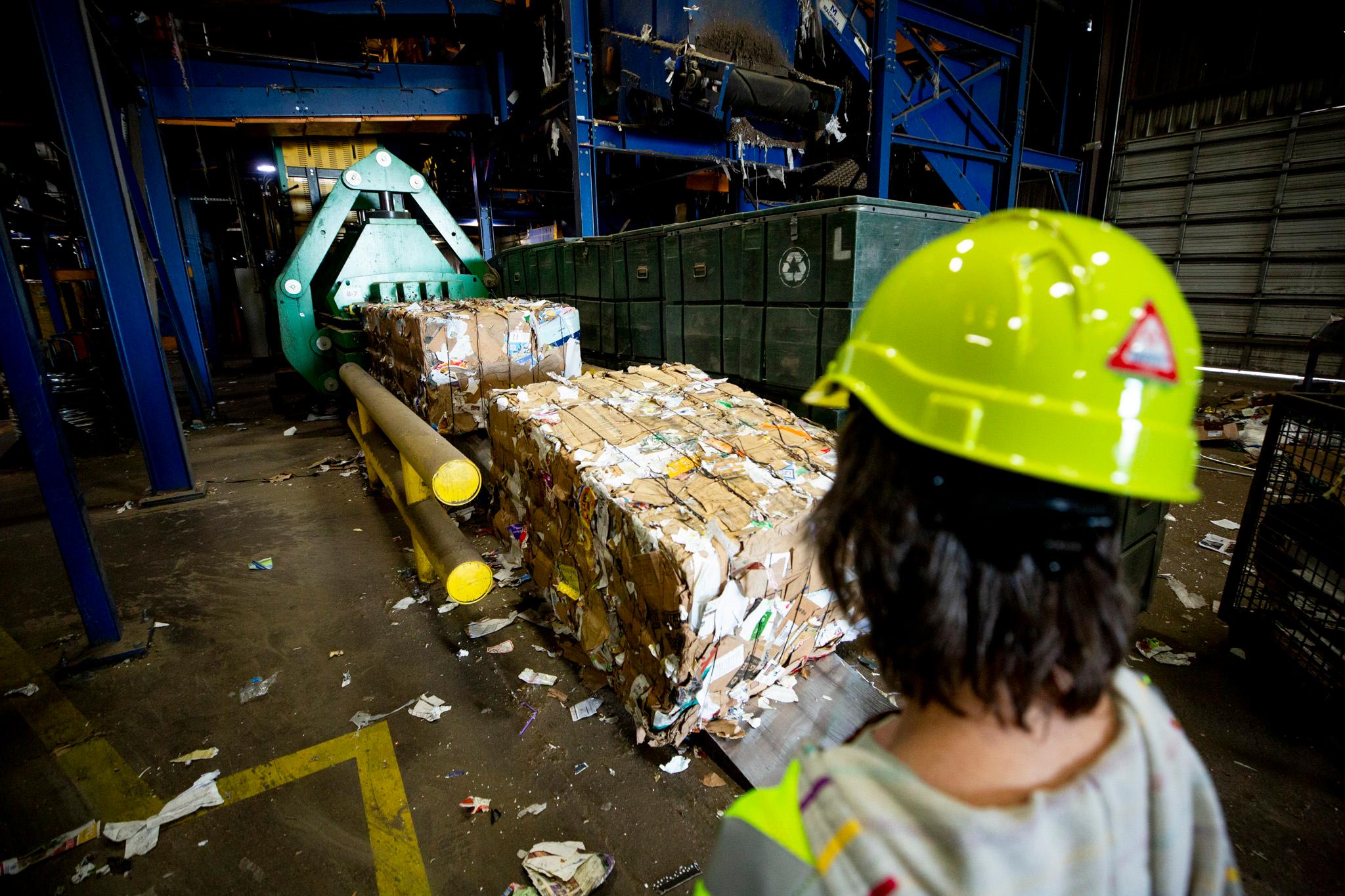A recent E. coli outbreak at McDonald’s sickened dozens of people and was linked to one death in Colorado.
The outbreak, which was traced to a supplier in the state, also forced several other restaurant chains to scramble and temporarily pull onions from their menus.
Among them was Denver-based Illegal Pete’s, which serves Mission-style burritos at 13 locations in Colorado.
Founder and president Pete Turner spoke to Denverite about how he navigated the recall crisis and what he learned from the ordeal.
Editor’s note: This interview has been edited for clarity and length.
Paolo Zialcita: When the McDonald's E. coli outbreak happened, where were you? What was your initial reaction as a restaurateur?
Pete Turner: I think it broke over the weekend and into the Monday, Tuesday, so we were definitely paying attention to it, but not too closely.
And then on Wednesday we got a recall notice from US Foods. It was a peeled yellow onion product from Taylor Farms. We received that on Tuesday afternoon.
And honestly, this is the first time that we've lived through a food recall of this type. I paid very close attention and had marching orders and sort of scrambled to mobilize my operations team to get the word out and just to address the recall as quickly and as diligently as we could.
After receiving notice of the recall, Illegal Pete’s pulled onion-based foods off the menu and posted signs warning customers of the change. Local Taco Bell and Burger King locations made similar changes.
PZ: That’s surprising that it was the first ever food recall.
PT: I know, 29 years. We’ve not had a food recall ever.
We’re a pretty scratch kitchen. So this particular onion, Taylor Farms takes a yellow onion and they basically cut the ends off and peel the skin off of it. So we went to that product maybe five or six years ago.
As I understand it, a lot of the recalls come in products that have a little bit further processing, and we just don't deal with much of that. And we do most of the production in our restaurants, so maybe that's why we haven't dealt with it.
But yeah, it was pretty shocking, very jarring and alarming to us when we got that notice. And I will say that we take all stakeholder safety very, very seriously, from the way our restaurants are built, where they're built, but obviously food safety is the No. 1 thing that restaurants need to pay attention to.
We took this very, very seriously and we pounced on it.
PZ: Are onions back at Illegal Pete’s?
PT: Yeah. So, that afternoon we went to our local grocery stores and just bought whole yellow onions, and so that's kind of how we're rolling. We're going to roll back out with just basically unpeeled onions.
PZ: It sounds like you might be rethinking the product you were using for the onions. You were saying that because it was processed a little bit, there's the higher risk of contamination, so you’re rolling back to unpeeled onions?
PT: We're moving back to an unpeeled onion, but I think it's not to say that I don't trust these [produce suppliers] anymore. It is a decision that we've made. These companies will learn. Every one of these [incidents] allows the industry and the producers as a whole to learn a lesson. And I believe that these producers have learned a lesson from that. We are just going to choose to go back to an unpeeled onion.
PZ: Pre-COVID, I don't think I paid as much attention to recalls and contamination and sickness. But post-COVID, I've been seeing a lot of recalls. There was a pretty big listeria outbreak in Boar's Head products. (Ed. note: Way back in 2015, burrito competitor Chipotle was rocked by its own E. coli outbreak.)
Do you feel like it's getting more common, or are we just paying more attention?
PT: Man, it's so interesting that you brought up those recalls, right? The Boar's Head, that was very recent. It seems like every year there's a listeria outbreak around cantaloupe or something, but is it more common? I don't know.
Until now, I paid more attention to that as a consumer [than] as a restaurateur and a person producing food for our customer's consumption, probably because we've never been affected because we do most of the production. We learned a ton from this, and we will definitely keep an eye out in the future.
You bring up an interesting point that as a consumer, yeah, it feels like there are a lot of recalls in the news, which I don't know what that's about.
I mean, are [food providers] getting lax in some of the procedures that are meant to test and keep people safe? I don't know. That's an interesting point, and I'm sure I'll be paying way more attention now.
PZ: The recalls are not the fault of independent businesses like yours, but is there a responsibility to pressure food producers and mass distributors to tighten their food safety protocols to make sure that this isn't impacting businesses and customers?
PT: Yeah, I think so. And I think that will start by the power of the purse, right?
You asked, ‘Are we changing our product?’ And yeah, we are. So I think that that's pressure first and foremost. I think it starts with just where you put your money and what you're investing in, what you're buying.
US Foods is where we buy the majority of our products. So we kind of do it through talking to them and getting assurances from their providers, the businesses they work with, that we are getting safe product.
This was scary and dangerous for us. We followed the letter of the recall and then some, and no one got sick, which was a really good outcome.
But to be mentioned in the same breath as E. coli and the restaurant and our name is scary, right? Public perception. I mean, it's dangerous.












